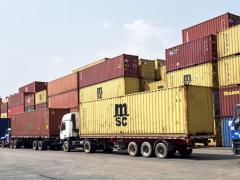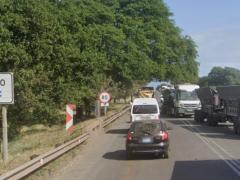Load-shedding will halve GDP growth this year and cost the country 275 000 in potential jobs.
That’s one of the findings of the latest PWC South Africa Economic Outlook survey.
In 2020, South Africa experienced 859 hours of load-shedding. According to PwC calculations, this cost the country an estimated R75 billion in lost GDP and an additional 450 000 in job losses. Put differently, last year’s 7.0% decline in real GDP could have been limited to around 4.7% were it not for Eskom power delivery failures, according to the report.
“In recent months, our baseline scenario included an assumption that the economy will face a similar volume of load-shedding hours this year compared to 2020. This assumption still appears valid: electricity outages totalled 560 hours in 2021H1 which was close to the 576 hours recorded in the first half of last year.
“While a notable proportion of the recent power outages were experienced outside business hours, the number of load-shedding hours in 2021H1 can be equated to the loss of 70 (eight-hour) working days. PwC estimates that loadshedding will reduce real GDP growth by 2.3 percentage points in 2021.”
The company believes this could cost the country 275 000 in potential jobs. “In other words, if South Africa did not experience, load-shedding, real GDP growth could have been 4.6% under our baseline scenario, with up to 565 000 jobs recovered.”













